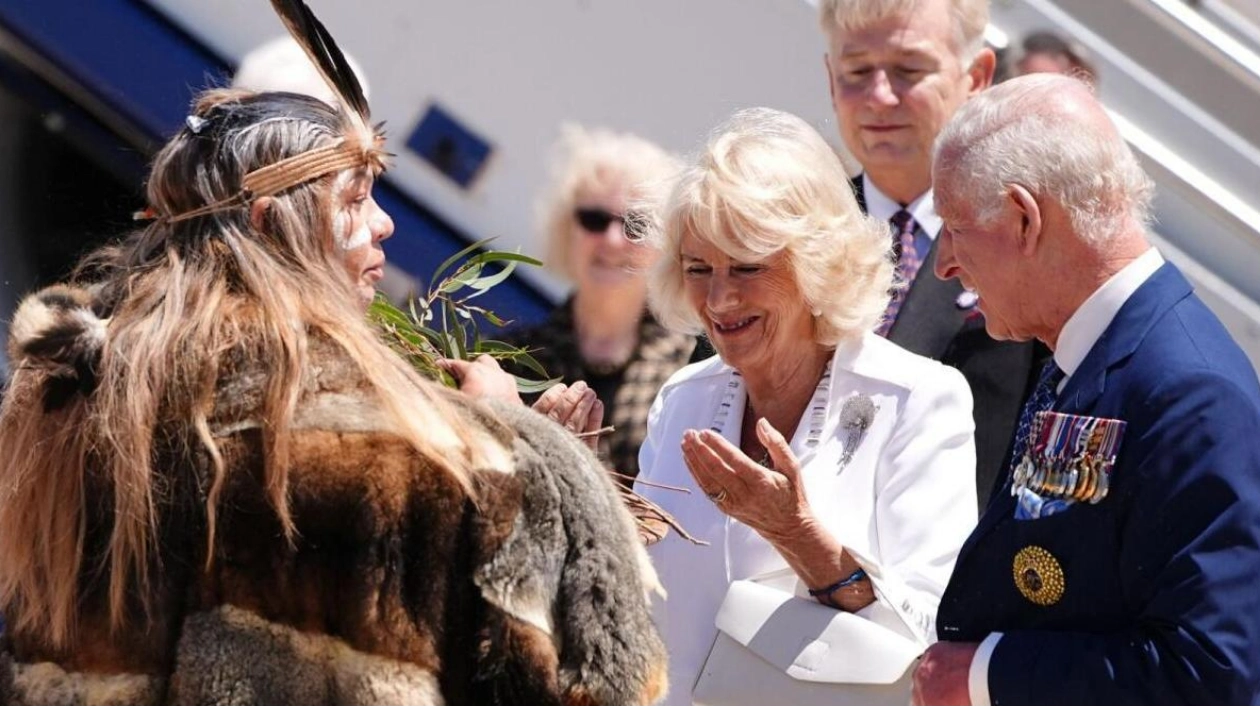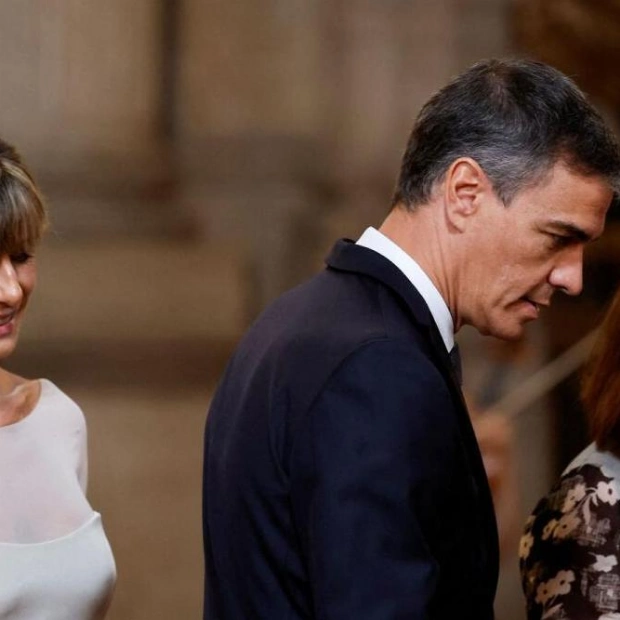Ngunnawal Elder, Aunty Serena Williams, conducted a traditional smoking ceremony for Britain's King Charles and Queen Camilla, marking the official start of their visit to Canberra. The ceremony took place at Canberra Airport on the second day of their tour of Australia and Samoa.
Britain has no plans to address the issue of reparations for historical transatlantic slavery during the Commonwealth nations meeting that commenced in Samoa on Monday. However, they are willing to engage in discussions with leaders who wish to broach the topic. Representatives from 56 countries, all with ties to Britain's former empire, are attending the Commonwealth Heads of Government Meeting (CHOGM) in the Pacific Island nation this week.
Successive British governments have dismissed calls for reparations. Nevertheless, Hilary Beckles, the chairman of the Caribbean Community (CARICOM) reparations commission, expressed optimism to Reuters that this stance might shift under the new Labour administration following 14 years of Conservative rule. Both British Prime Minister Keir Starmer and King Charles are set to attend the Samoa meeting. However, a spokesperson for Starmer reiterated on Monday that reparations are not on his agenda, stating, "We do not pay reparations. The position on an apology remains the same. We won't be offering an apology at CHOGM."
Although reparations are not formally on Starmer's Commonwealth agenda, his spokesperson indicated they would "continue to engage with partners on these issues." A source from Caricom, which includes 15 member states such as Jamaica and Barbados, told Reuters that CHOGM presents a crucial opportunity for dialogue on reparations, and the region plans to raise the issue there. Trinidad and Tobago Prime Minister Keith Rowley announced in July that CARICOM had decided to "very forcefully" advocate for reparations in Samoa.
All three candidates vying to become the next secretary-general of the Commonwealth support reparations. CARICOM has a reparations plan that does not solely focus on substantial financial payments. It also calls for European countries to issue formal apologies and provide support for educational programs. The concept of reparations for slavery is not new but has been gaining global traction. Critics argue that countries should not be held accountable for historical wrongs, while supporters contend that the legacy of slavery has led to enduring and significant racial inequalities today.
Source link: https://www.khaleejtimes.com






